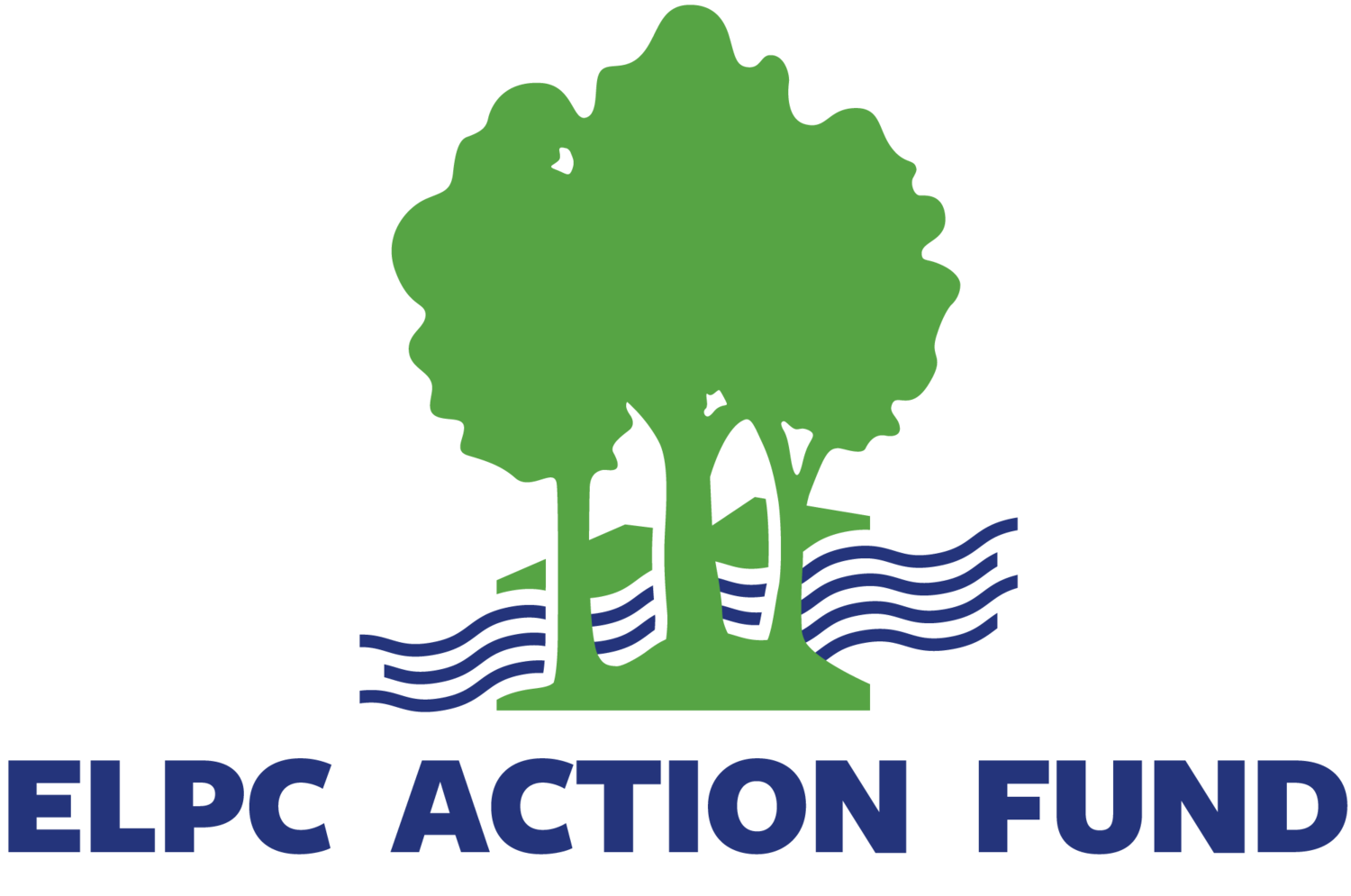Dubuque Telegraph Herald Op-Ed: Water Quality a Key Issue for Southwest Wisconsin Voters
This op-ed first appeared in the Dubuque Telegraph Herald on January 23, 2020
There’s a problem with safe, clean drinking water here in southwest Wisconsin’s scenic Driftless Area. We know it, we understand what to do about it, and we want politicians to step up with regulatory policy actions and solutions.
The Environmental Law & Policy Center Action Fund commissioned top researcher Ann Selzer (who FiveThirtyEight calls “The Best Pollster in Politics”) to conduct a new poll of 601 registered voters in Crawford, Grant, Iowa, Lafayette and Richland counties.
Here’s what we learned: Nearly nine in 10 (89%) southwest Wisconsin voters say drinking water quality is very (82%) or fairly (7%) important to them. That’s higher than infrastructure (84%), health care (82%), public education funding (77%) and agricultural practices (74%).
People are aware of the recent reports finding extensive well water contamination. That, in part, explains why 89% said safe, clean drinking water is their top-ranked issue deserving government action
Here’s more on what we learned:
Almost everyone loves southwest Wisconsin’s quality of life, including valuing excellent or good outdoor recreation (87%), scenic landscapes and quiet places (85%), and productive farmland (83%). Clean water goes hand in hand with these values.
Southwest Wisconsin voters understand how drinking water gets contaminated: over-application of fertilizers that seeps into the groundwater (85% awareness), and CAFOs (concentrated animal feeding operations) containing thousands of cows and hogs, which spread more manure on fields than can be naturally absorbed (74% awareness). Most people (67%) understand how the Driftless Area’s fractured bedrock and sandy soil allow contaminants to seep into groundwater.
70% recognize as compelling reasons to regulate CAFOs that they create negative impacts on quality of life, threaten independent family farmers and hurt tourism and outdoor recreation activities.
Do southwest Wisconsin voters support more specific regulations and policies to protect safe, clean drinking water? Yes.
When first asked a general question about more regulations, respondents were divided. When people were asked about supporting specific new regulations to protect drinking water, however, their support goes way up.
79% support requiring best management practices to reduce fertilizer and manure runoff from crop fields and CAFOs.
75% support allowing their counties to impose stricter local standards to protect drinking water than are required by state law.
72% support requiring more regulation and more public information about how CAFOs spread manure on fields where it can run off or seep into waterways.
58% support putting a freeze on new or expanded CAFOs.
Democrats and independents are more likely to support than oppose each proposal, and so do a majority of Republicans. So do a majority of people living in farm/ag households.
Political candidates would be wise to recognize the importance of safe, clean water to southwest Wisconsin voters. Two in three voters see water quality as a major issue (28%) or minor issue (40%) for the next election. A pro-regulation candidate is preferred over one favoring the status quo.
Fully 52% say they’d favor a candidate supporting more regulations to better protect drinking water supplies versus 22% who’d favor a candidate opposing regulations that could burden CAFOs and megafarms. There is a notable lack of difference by age, with at least half of every age group polled supporting a candidate who favors more regulation.
The complete poll results are available at www.elpc.org/wisconsinwaterpoll. Southwest Wisconsin voters strongly support policies to better protect safe, clean drinking water.
It’s time for public officials and candidates of both parties to step up with sound policy actions and solutions that improve peoples’ quality of life in southwest Wisconsin.
